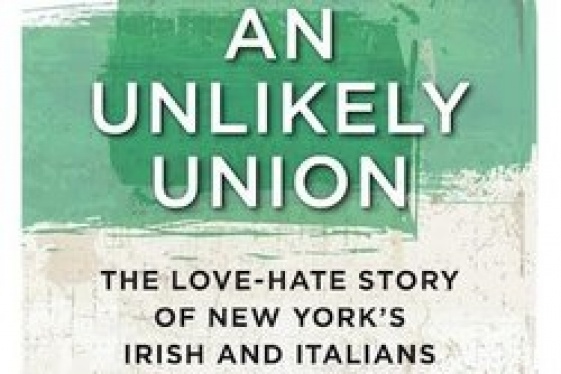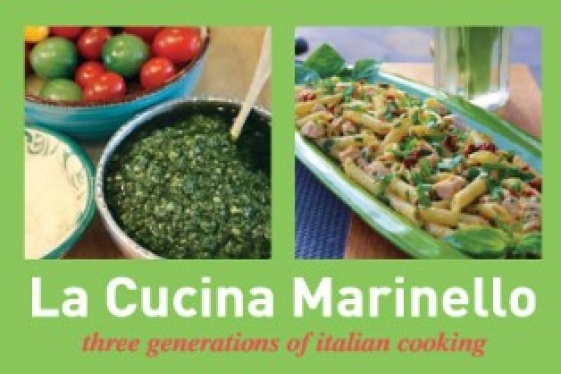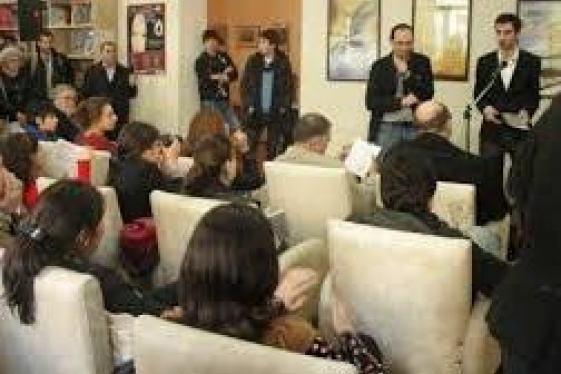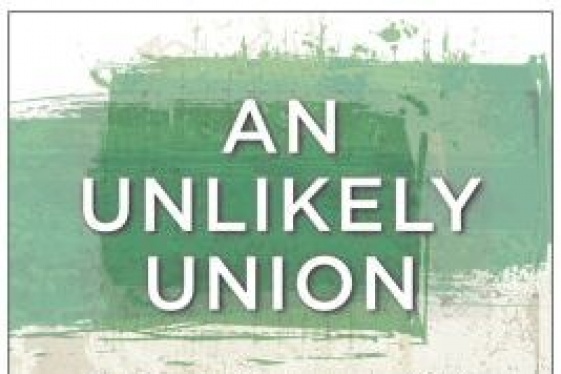

BY: Joseph L. Cacibauda
One cannot write about Dr. Gaetano Cipolla’s work without first mentioning his tenacious efforts to introduce Sicilian literature to English speakers. This latest volume on Giovanni Meli’s social philosophy and his views of 18th Century Sicilian politics and economics is his latest contribution to the 16 volumes of the Poets of Arba Sicula Series. The series’ editor notes, “Since poetry is the best mirror of a nation’s soul, these volumes offer English-speaking people an opportunity to know and understand the Sicilian people better.”
Thanks to the research, translations, editing, and writings of Dr. Cipolla, English readers now are privileged to have access to the vibrant and often timely relevant poetry and writings of Sicilian poets like Vincenzo Ancona, Nino Martoglio, Antonino Provenzano, Antonio Veneziano, Domenico Tempio, Salvatore Di Marco, Pietro Carbone, hardly names recognized by even the most avid reader.
Having edited and translated the large volume of Meli fables and poems and his epic poem, Don Chisciotti and Sanciu Panza, Dr. Cipolla offers this latest book that addresses Meli’s modus vivendi, his character and notions of life, in particular, his moral values, and his reason-and-common-sense means of maneuvering through life. His day to day battles between his “diliriums” and “lucid intervals of good sense” set the tone for his poetry, their sounds delivered through the mediums of irony and satire.
Giovanni Meli was born in Palermo in 1740. He was educated by Jesuits until he was 15, then went to the Accademia degli Studi, later the University of Palermo. His parents wanted him to be a surgeon and he studied at the academy while beginning to write poetry in the style of the renown poets of the time. In 1767 he was given the position of medical officer in Cinisi, a town 30 kms. from Palermo. He remained in Cinisi for five years where he wrote his Elegies and other poems, La Buccolica and L’origini di lu munnu, both included in the anthology, The Poetry of Giovanni Meli, (Cipolla, Legas,2015). Meli was a prolific writer and wrote until his death in 1815. Dr. Cipolla avers that Meli “is undoubtedly the most accomplished poet who ever wrote in the Sicilian language” while others choose to further extol his works as “among the loftiest and purest poetry in 18th century Europe.”
Dr. Cipolla’s intent for this present volume was to show Meli’s poetry in the light of the society in which he lived in the 18th century. Meli held strong fundamental ideas of morality and the behaviors he believed good Sicilians should maintain and promulgate. He doesn’t suffer lightly phonies, cheats, or lazy people. His ideal was to be able to rescue his society from the oppression of the greedy and the unjust powerful. Meli wrote in fables and satires principally to avoid controversy and the political and economic consequences of being forthright. “For in our world mendacity commands and something that’s related to the truth is seen as grievous contraband . . . by shadowing his truths in fable form can [one] manage to obtain a pass for them.” In this book of 163 pages, the reader is entertained by a trove of universally relevant and timeless memes. In Satire III, Literature, Meli posits how erudite writers are able to “repair the world with just two sheets of paper and a few pen strokes.” but quickly bemoans how lesser writers, the charlatans, the blowhards tend to get all the public’s attention. Contrasting their inane writing with the gravity of better writers he says, “water loves to bring to surface not the heavy weights, but the most bloated and air-filled goatskins.” Commenting rather pessimistically on the so-called Century of Enlightenment, Meli fails to see light: “This century. . . may be capable of soaring flights but where is Justice? and where is Peace?” (Satire V, “Lu Cafeaos”). There are entertaining phrases worth quoting, as describing one that is capricious: “He has no right side; he’s like a lasagna…” A rogue portrayed as, “a twisted wood good only for a fire.” Speaking of writers’ grist for the mill he writes in Satire III, “Imaginary spaces are the place from which the different genres come and all of them without feet ambulate.” And of the genre, he writes, “Satire is . . . capable of cutting through not just the overcoat but also making holes in living flesh.” (Satire III, Literature.) In speaking of a con artist in Satire VI, Cagliotrism: A Tale, Meli describes the con-man thus: “He was. . . sharp enough to know, to say the least, where devils hide their tails.” This tale, by the way, is a marvelously funny story of a con man promising to teach a donkey to read. Meli’s Moral and Political Advice reads like Gibran’s The Prophet told in a question and answer dialogue between two “wise men”. In the chapter called A Dialogue between Experience and Religion, Meli comments on the reality of life, “But the course of life is just a smoke.” and “. . . the good things on this earth are just hay smoke . . .”
Finally, something should be said of Dr. Cipolla’s introductions and translations. The introductions to this volume and the book The Poetry of Giovanni Meli would stand alone as valuable reads for their wealth of historic information and their literary and cultural perspectives. For the translation in the present edition and in other Cipolla works, readers would be wise to follow the Sicilian regardless of whether they can pronounce the words, or know their meanings to witness not just the cleverness of Meli’s rhyme schemes, but to appreciate the work and skill necessary to faithfully translate the poetry. In the author’s words, “Translation demands all the creativity and ingenuity that they [translators] possess and more.” In this his latest work he has added to Arba Sicula’s ever growing catalogue a praise worthy jewel while augmenting our knowledge and our library of Sicilian poets and writers. It can be bought from Legas Press, P O Box 149, Mineola, New York 11501 or from Amazon.com books online. It is worth all of the $16.00 purchase price and more. Meli’s is a poetry that reveals its essence, “the Sicilian soul we share.” Dr. Cipolla’s labor translating the poetry into English is a grand measure of that soul.
Giovanni Meli: Social Critic, Edited, Introduced. and Translated into English by Dr. Gaetano Cipolla; Legas Press, Mineola, New York, 2020
Joseph L. Cacibauda is the author of After Laughing Comes Crying: Sicilian Immigrants on Louisiana Plantations and Not For Self: A Sicilian Life and Death in Marion. Both published by Legas Press, Mineola, New York.
You may be interested
-
'Phantom Limb': A Conversation With Dennis...
Dennis Palumbo is a thriller writer and psychotherapist in private practice. He's the auth...
-
An Unlikely Union: The love-hate story of Ne...
Award-winning author and Brooklynite Paul Moses is back with a historic yet dazzling sto...
-
Former Montclair resident turns recipes into...
Former Montclair resident Linda Carman watched her father's dream roll off the presses thi...
-
''La Gente di Mulberry Street'' presentato a...
Valsinni- Italia, terra di emigranti. Presentato a Valsinni il nuovo saggio storico di Raf...
-
'An Unlikely Union' author Paul Moses on his...
by Ginger Adam Otis Any journalist who has ever been an author has lived through...
-
'An Unlikely Union': Paul Moses on the urban...
Few American cities, with the possible exception of Chicago, do urban ethnic drama like Ne...
-
'Augie’s War' novelist to appear at Elkins bo...
Charleston author and Gazette-Mail wine columnist John H. Brown will conduct a book readin...
-
'Ferrante Fever' Documentary: A Literary Phen...
It's generally accepted that, in order to achieve fame and fortune, one must be prepared t...










